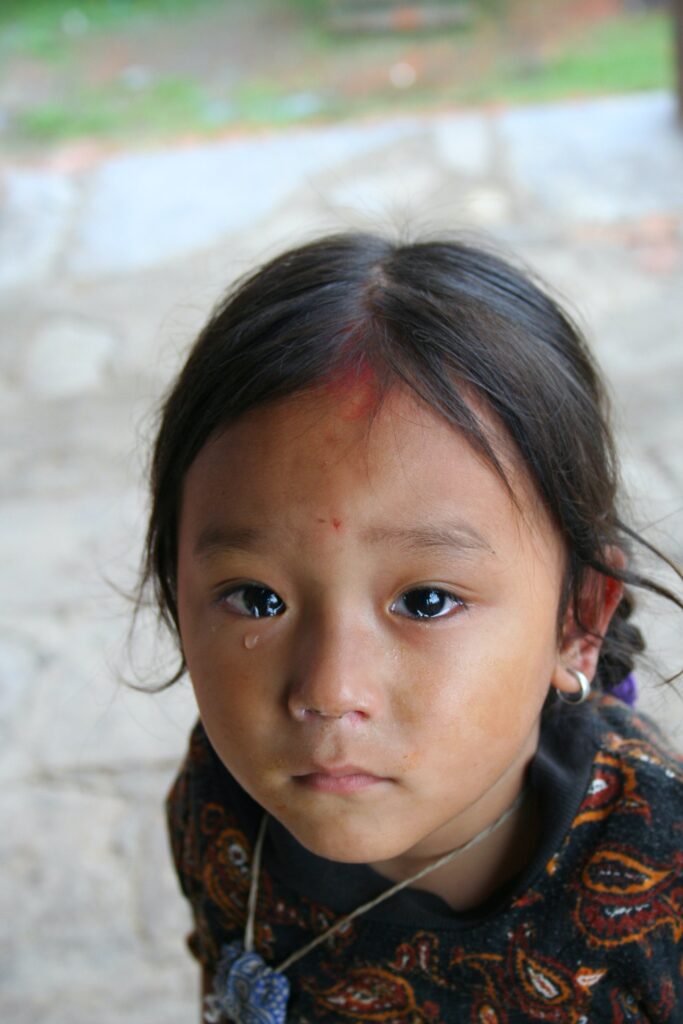The BBC (2022) recently reported on the tragic fate of four siblings. The children were forced by their parents to perform live sex shows for paedophiles on the internet, in which they were raped and abused by their parents. This case is not a one-off. Approximately 80% of all Philippine children are threatened by sexual exploitation on the internet (UNICEF, 2019: 7-8). According to Save the Children (BBC 2022), this equates to a figure of almost two million children. But why does child pornography present such a huge problem in the Philippines? And what can be done to proceed against it?
THE ORIGINS OF THE PROBLEM
Cameleon Association (2022) identifies widespread poverty as one of the most important factors. One the one hand, some children and young people view themselves as being forced to take part, simply to secure basic human needs such as food, water and accommodation. On the other hand, the concept of being duty-bound to support one’s own family financially is firmly grounded in Filipino culture (UNICEF). During the COVID-19 pandemic, a particularly difficult time economically, an alarmingly high number of incidents were registered (BBC 2022).
Many young people in the Philippines speak English, furthermore, enabling easy communication with paedophiles from the western world, in countries such as the United Kingdom and Switzerland, for example (BBC 2022). The easy accessibility of high-speed internet and new forms of financial exchange also contribute to the problem.

GOVERNMENT AND POLICE
The newly-elected President Bonbong Marcos recently announced a crackdown by the police (BBC 2022). The Inter-Agency Council Against Trafficking and the Philippines Cybercrime Justice Department report that preliminary proceedings have tripled in recent years. While two hundred and ten victims were saved in 2019, this figure had risen to six hundred and fifty-seven by 2021 (Philstar, 2022). Despite this, the lack of willingness of the police to prosecute cases accentuates the problem in some cases.
HOPE THROUGH NGOS
This means the work being done by numerous NGOs is particularly important and effective, as non-governmental organisations fill the gaps left behind by the government (UNICEF). The charitable organisation “Preda”, for example, supports sexually abused children at its rehabilitation centre. Using a structured daily structure, school classes, sporting activities and therapy lessons, the group tries to help the children overcome and process their trauma (BBC 2022). Overcoming trauma is a difficult, but enormously important, task, since Philippines courts place great value on witness statements (UNICEF).
As well as this, the founder of Preda, Shay Cullen, underlines the necessity of global solutions with a basis in international law. UNICEF also takes a multidisciplinary approach to the problem, demanding greater cooperation between governments, international organisations and local NGOs (BBC 2022).
DESTIGMATISATION
One thing that is even more necessary than international cooperation is destigmatisation. Due to the family-oriented culture of the Philippines, which is strongly moulded by Catholicism, many of the children are ashamed of their plight, and find it very difficult to talk to psychologists about their traumas. On top of this, around one-third of the children involved don’t even report their abusive experiences due to fear of punishment (ECPAT, INTERPOL, UNICEF, 2022: 74-76). The great danger of this is that such abuse can be normalised, and spread throughout the region.
Translation by Tim Martinz-Lywood, European Exchange Ltd.
www.european-exchange.co.uk
#Kinderpornographie #SexuellerMissbrauch #Cyberkriminalität #Stigmatisierung #AgainstHumanTrafficking #GegenMenschenhandel #EndExploitation #EndTrafficking #HopeForTheFuture #Österreich
